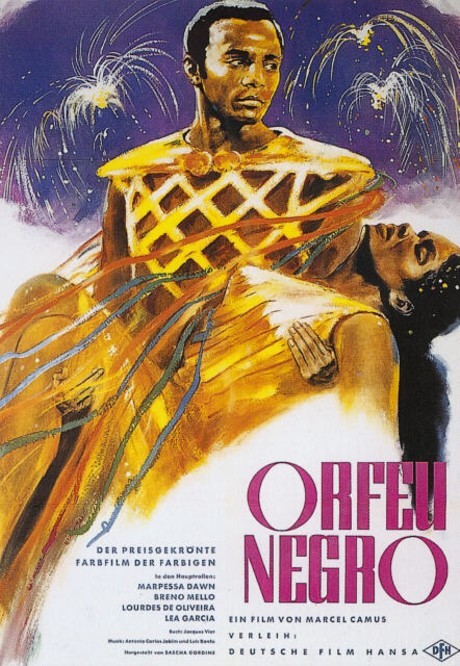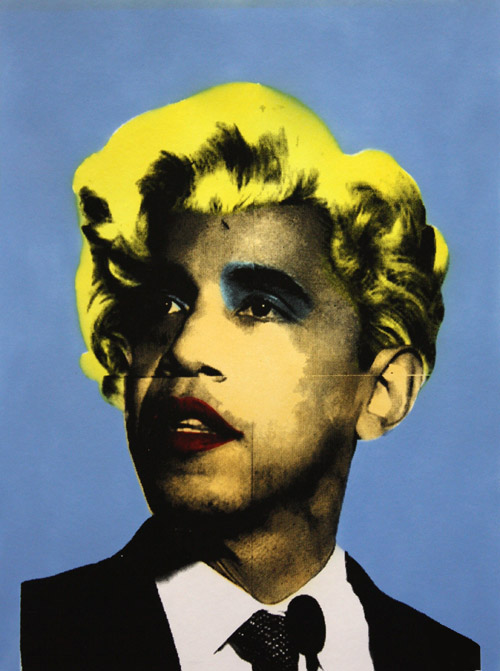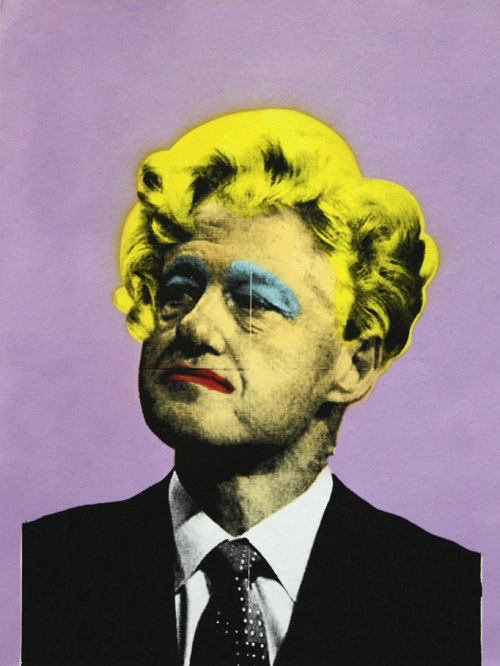 Black Orpheus (Marcel Camus, 1959). Poster by Helmuth Ellgaard for the German release
Black Orpheus (Marcel Camus, 1959). Poster by Helmuth Ellgaard for the German release
Black Orpheus is a 1959 film made in Brazil by French director Marcel Camus and starring Marpessa Dawn and Breno Mello. It is based on the play Orfeu da Conceição by Vinicius de Moraes, which is an adaptation of the Greek legend of Orpheus and Eurydice, set in the modern context of a favela in Rio de Janeiro during Carnaval. The film was an international co-production between production companies in Brazil, France and Italy.
The film is particularly noted for its soundtrack by two Brazilian composers: Antônio Carlos Jobim, whose song A felicidade (The Happiness) opens the film; and Luiz Bonfá, whose Manhã de Carnaval (Carnival Morning) and Samba of Orpheus (Orpheus’ Samba) have become bossa nova classics. The songs sung by the character Orfeu were dubbed by singer Agostinho dos Santos.
Black Orpheus won the Palme d’Or at the 1959 Cannes Film Festival, the 1960 Academy Award for Best Foreign Language Film, the 1960 Golden Globe Award for Best Foreign Film and the 1961 BAFTA Award for Best Foreign Language Film. In the last case, Brazil was credited together with France and Italy.
It was cited by Jean-Michel Basquiat as one of his early musical influences, while Barack Obama notes in his memoir Dreams from My Father (1995) that it was his mother’s favorite film.
The movie trailer can be watched on The Genealogy of Style‘s Facebook page: https://www.facebook.com/pages/The-Genealogy-of-Style/597542157001228?ref=tn_tnmn


















